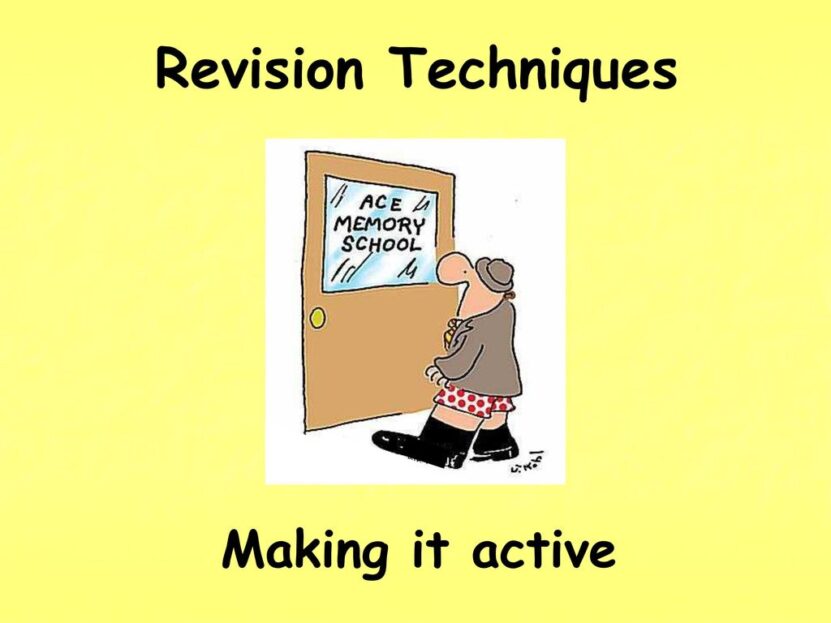Examinations have long been a cornerstone of educational systems worldwide, serving as both a measure of one’s accumulated knowledge and a testament to one’s dedication, discipline, and perseverance. In our increasingly competitive global landscape, the stakes of these exams have never been higher. Performing exceptionally in these tests can be the key that unlocks opportunities, from gaining admission to top-tier academic institutions to securing coveted scholarships and even opening doors to promising career paths.
Beyond these tangible, external rewards, there’s an intrinsic value to excelling in exams: the boost in self-confidence, the affirmation of one’s capabilities, and the cultivation of a growth mindset that believes in continuous learning and improvement. This guide is not just about passing exams; it’s about mastering them. It’s a comprehensive toolkit designed to equip you with strategies, insights, and methodologies that will ensure both your academic and personal growth.
1. Understand Your Goals and Exam Format

Every examination, be it at the school, collegiate, or professional level, is designed with a specific intent. It’s imperative to decode this intent. Is the exam aiming to test your foundational knowledge, your analytical skills, or your application prowess? The format of the exam, whether it’s multiple-choice, essay-based, practical, or a combination, will significantly influence your preparation strategy.
For instance, while multiple-choice questions demand precision in understanding and the ability to differentiate between closely related concepts, essay-type questions require a deeper dive, ensuring you can articulate nuanced arguments and perspectives.
Familiarizing yourself with the marking scheme can be a game-changer. Knowing where the bulk of the marks lie can guide your focus. Delving into past papers, syllabi, and examiner reports can offer invaluable insights into patterns, frequently tested areas, and even the examiner’s expectations.
2. Create a Study Schedule
Time is a finite resource, and when it comes to exam preparation, it’s your most valuable asset. A meticulously crafted study schedule can be the compass that navigates you through the vast ocean of syllabi. Start by breaking down the syllabus into individual topics, ranking them based on their complexity and your comfort level. While it’s tempting to dive into familiar territories, prioritizing challenging subjects can offer higher returns in the long run. Introduce variety to avoid burnout.
Techniques like the Pomodoro Technique, which involves focused study sessions interspersed with rejuvenating breaks, can amplify your productivity. Life is unpredictable, and while a schedule offers structure, it’s essential to build in buffers and remain adaptable. If you miss a session, don’t panic; adjust and move forward with renewed vigor.
3. Active Learning Techniques
Reading is just one facet of learning. True comprehension arises from engagement and interaction with the material. Active learning is the bridge that connects passive reading to deep understanding. After you’ve read a chapter, challenge yourself: can you summarize its essence in your own words? Can you explain its concepts to someone unfamiliar with the topic?
Teaching, even if it’s to an imaginary audience, can spotlight areas you’re unsure about. Flashcards, with their question-answer format, are not just tools for memorization; they’re catalysts for recall and application. Dive deep, ask questions, engage in discussions, and make the learning process a dynamic, two-way street.
4. Effective Note-Taking Strategies

In the sea of information, notes are your lifeboat. They distill vast chapters into digestible nuggets, capturing the core essence. The Cornell Method, with its tripartite structure, allows for notes, cues, and summaries, ensuring a holistic capture of information. Mind Mapping, on the other hand, is a visual delight, connecting interrelated concepts in a web of understanding. In our digital age, tools like OneNote, Evernote, or Notion offer platforms for organized, searchable, and interactive notes. Whether you’re a pen-paper aficionado or a digital native, the goal remains the same: clarity, conciseness, and easy retrievability, ensuring a seamless revision experience.
5. Utilize Online Resources
The digital age has ushered in an era of unprecedented access to knowledge. No longer are students confined to textbooks and classroom lectures; the world’s knowledge is now just a click away. Platforms like Khan Academy, Coursera, and edX have democratized education, offering courses from world-renowned institutions. These platforms break down intricate topics into digestible modules, often accompanied by visual aids, making comprehension a breeze. Interactive quizzes such as Gizmo and assignments further reinforce learning. Beyond structured courses, websites like BBC Bitesize, SparkNotes, and even academic forums can be treasure troves of insights, summaries, and discussions. However, the vast expanse of the internet also harbors misinformation. It’s crucial to vet sources for credibility. Additionally, the allure of the digital world can sometimes lead to procrastination. Setting specific, time-bound goals for each online session can help in staying on track and maximizing the benefits of online resources.
6. Practice Regularly with Mock Exams
Knowledge, when untested, remains theoretical. Mock exams are the crucibles that refine your theoretical knowledge, molding it into practical wisdom. They offer a simulated environment, mirroring the pressures and constraints of the actual exam. Regularly taking these tests achieves multiple objectives. Firstly, it conditions you to the rigors of the exam, making you adept at time management. Secondly, it shines a light on areas of weakness, guiding your subsequent preparation. Lastly, and perhaps most importantly, it builds confidence. Every mock exam, irrespective of the score, is a step closer to mastery. After each test, it’s essential to not just focus on the score but delve deeper. Understand the mistakes, rectify them, and internalize the learning to ensure they aren’t repeated.
7. Active Revision Techniques

Learning is an iterative process. The first reading introduces concepts, but it’s through revision that these concepts are cemented in memory. Active revision techniques elevate this process, transforming rote memorization into genuine understanding. The Feynman Technique, named after the legendary physicist Richard Feynman, is a simple yet powerful method. It challenges you to explain concepts in the simplest terms, as if teaching a child. This process ensures that you’ve truly grasped the essence, devoid of jargon. Spaced Repetition, another potent technique, leverages the brain’s memory patterns. By revisiting topics at increasing intervals, it ensures optimal retention and recall. Active revision is a dynamic dance between learning and testing, ensuring that come exam day, you’re not just recalling information but truly understanding and applying it.
Conclusion
Excelling in exams is a combination of discipline, strategy, and self-awareness. Implementing the strategies discussed can pave the way for academic success and personal growth. Embrace the challenge, and you’ll surely ace it!
